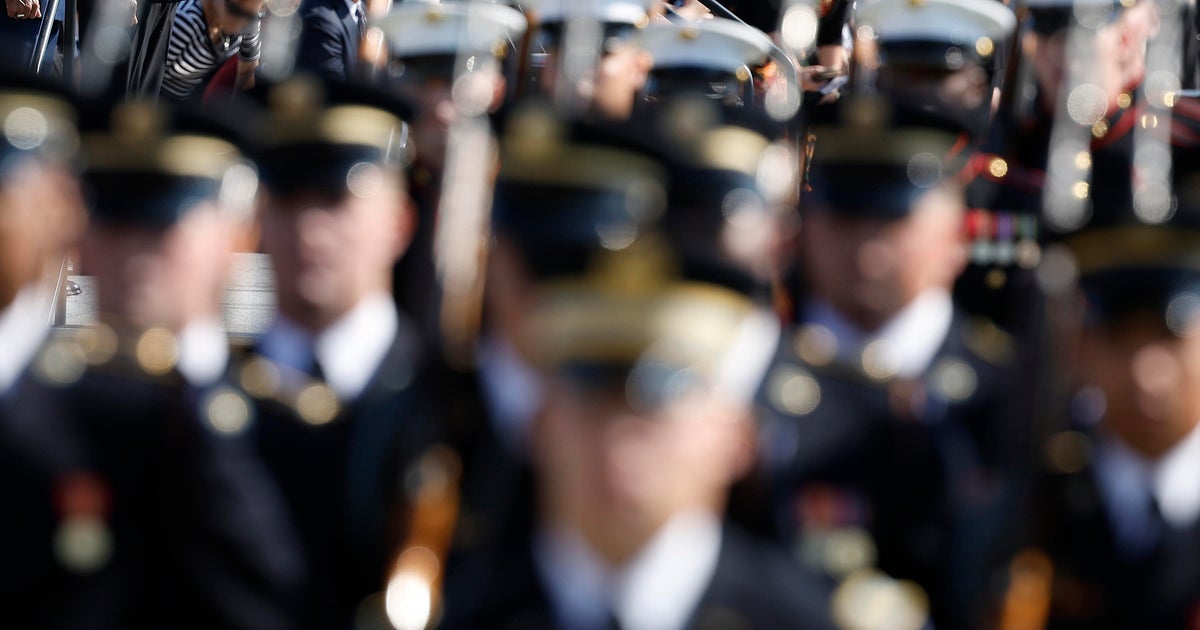Suicides on VA properties sound the alarm on veteran care
Veterans can talk with a trained counselor through the Veterans Crisis Line. Dial 1-800-273-8255 and Press 1 to talk to someone, or send a text message to 838255 to connect with a VA responder. Or visit MilitaryCrisisLine.net if you are an active duty service member, guardsman or reservist.
St. Paul, Minn. — On average, about 20 veterans a day die by suicide. Since 2017, 25 veterans have taken their lives on the grounds of Veterans Affairs hospitals, including seven this year and at least four last month.
In February of last year, Justin Miller died by suicide in the parking lot of a Veterans Administration hospital in Minneapolis. The Marine veteran was 33. Justin, a trumpet player, made the band, but the Marines saw he could make another contribution as a marksman in Iraq manning a checkpoint with bomb-sniffing dogs.
"If the dog sat down, pull the trigger. Those were his orders. And he said he did that for weeks, day in, day out," said Gregory Miller, Justin's father.
When he left the Marines in 2007, his family said he changed. While he still volunteered to play his trumpet at various occasions, he was increasingly depressed and even suicidal. Eventually he sought help at a Veterans Affairs hospital.
"We said we loved each other. I kissed him, and that was the last time I saw my son," Miller said.
After three days at the VA, he died.
"He went out to his car. He looked at his phone. He saw the text from my dad, saying 'I love you. Come home.' And at some point he took his own life," said Alissa Harrington, Justin's sister.
Experts in this field say veterans who kill themselves on VA grounds are making a statement about their treatment. A federal investigation of Miller's death said the Minneapolis VA made multiple mistakes, from not scheduling a follow-up to overlooking his access to firearms.
"They have people, but they're not trained the way they're supposed to be," Miller said.
Some 6,000 veterans kill themselves every year. VA Secretary Robert Wilkie, whose department serves 9.5 million people, said in the last year, they have had 240 interventions where they stopped veterans from taking their lives. Since October, the VA has screened 900,000 veterans for mental health issues.
"Of that 900,000 we culled it down to 3,000. Three thousands veterans our medical professionals say might be at risk and we are monitoring them as closely as we can," Wilkie said. "That means calls, that means visits — bringing them into our centers."
In Miller's case, antidepressants came in the mail from the VA two days after he died. "The worst part of his funeral was that they didn't have a live trumpet player. There was no one there to play for him," Harrington said.
The silent trumpet at his grave was a gift from his dad.





